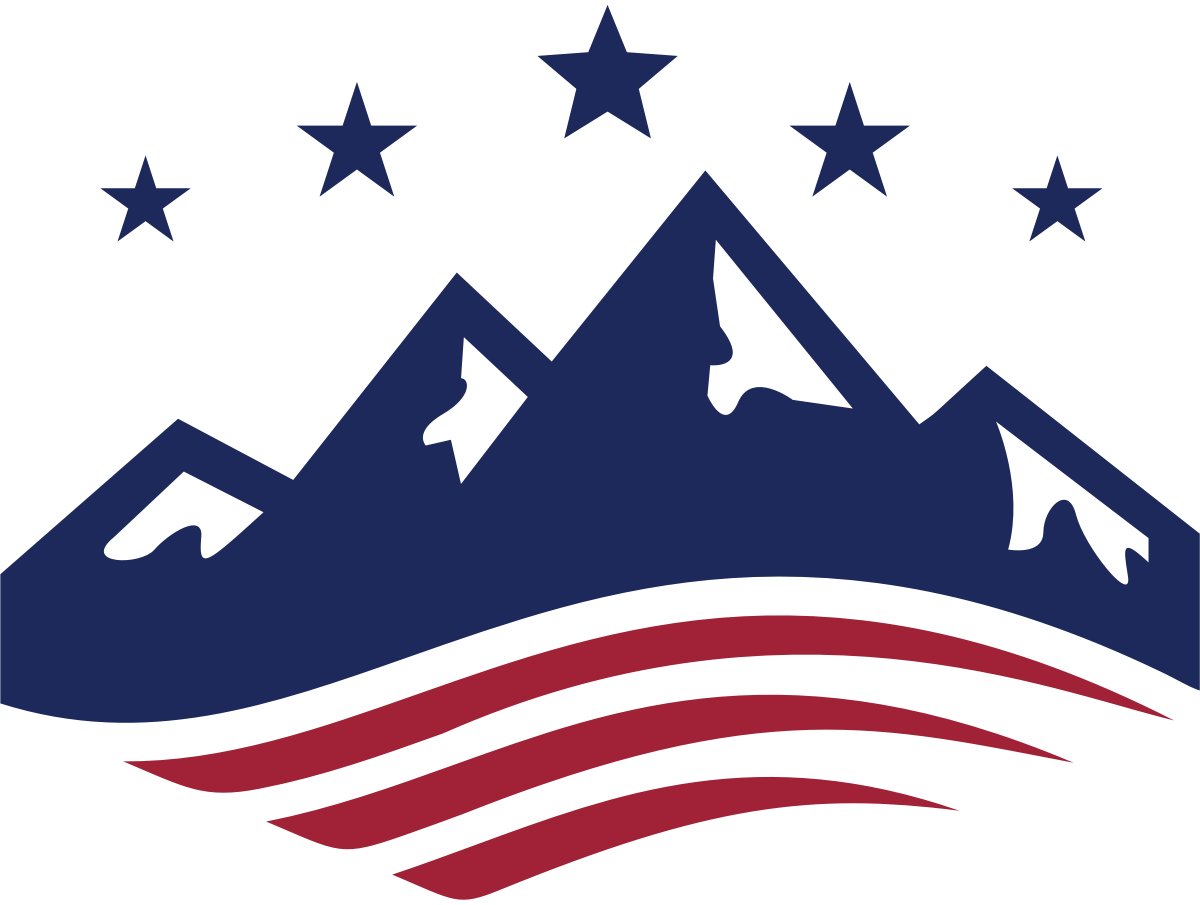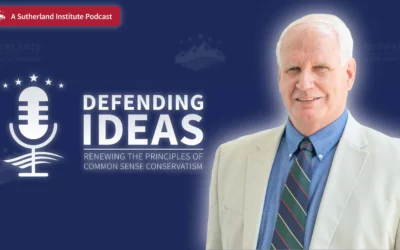
Written by William C. Duncan
February 28, 2024

A recent Google alert on religious freedom pointed to two religious freedom cases in the United States. One is an ongoing dispute between the state of Texas and a Catholic charity that offers assistance to migrants. The other is a petition to the U.S. Supreme Court asking that court to hear an appeal of a lower court decision, which upheld a federal agency decision that set royalty fees for religious radio stations dramatically higher than those for publicly supported radio.
As important as these cases are, it is good to be reminded of how very fortunate Americans are that religious freedom concerns can be addressed in an orderly and sympathetic environment. That is far from true of many other nations.
One well-known example is the Chinese government’s treatment of Uyghur Muslims. At the beginning of February, the government issued new regulations on their worship. Human Rights Watch reports: “Since 2017, the Chinese government has carried out widespread and systematic abuses against Uyghurs and other Turkic Muslims in Xinjiang. These include mass arbitrary detention, torture, enforced disappearances, mass surveillance, cultural and religious persecution, separation of families, forced labor, sexual violence, and violations of reproductive rights.”
A lesser-known but extremely serious situation is taking place in Nicaragua. Daniel Ortega has been president since 2007 (his wife is the vice president) and is in his fifth term. Ortega’s rule has been marked by many human rights abuses, including sustained attacks on the Catholic Church and other religious groups.
A 2022 U.S. State Department report on religious freedom in Nicaragua found the Ortega government had
ordered the arrest of, forced into exile, and verbally attacked priests and bishops, labelled them “criminals” and “coup-plotters,” and accused them of inciting violence. On August 19, police forcibly entered the diocesan headquarters in the northern town of Matagalpa and detained without an arrest warrant Catholic Bishop Rolando Álvarez, six clergy members, and a layman who had been under de facto house arrest for more than two weeks. … According to media reports, authorities arbitrarily detained at least 11 clergy, including Bishop Álvarez, during the year. According to media outlets, authorities arrested two priests for violent crimes and convicted them in proceedings that included violations of due process. The government withheld passports from Nicaraguan priests, expelled Catholic clergy, nuns, and the Holy See’s Apostolic Nuncio from the country, and forced others into exile.
In August 2023, the government took over Central American University, a Jesuit school, at least in part to retaliate against the university for helping students targeted by police attacks in 2018. It has also banned the most important charitable organization associated with the Catholic Church and closed the charity founded by Mother Teresa. More recently, the government has expelled and arrested evangelical Christians involved in humanitarian relief and ministry.
Earlier this year, the Ortega government finally released some of the clergy, including Bishop Álvarez, but immediately expelled them from the country, sending them to the Vatican. It had done something similar in October 2023, and The Wall Street Journal reports that since 2018, “more than 200 Catholic clergy have been forced into exile or refused re-entry to Nicaragua.” Some clergy report that government agencies monitor Mass and take photos of those who attend.
Americans can and should be grateful for the nation’s robust protection of religious freedom. To take one example, the Department of Homeland Security has adopted a policy that Immigration and Customs Enforcement agents will not conduct arrests or raids in “sensitive areas,” defined to include churches. This self-restraint looks remarkable beside the persecution in countries like Nicaragua.
We can show gratitude for the United States’ concern for religious freedom by preserving the religious freedom we enjoy. At the same time, the challenges that do arise should be addressed so that the United States can continue its global leadership in protecting religious freedom.

Insights: analysis, research, and informed commentary from Sutherland experts. For elected officials and public policy professionals.

-
While the U.S. continues to experience religious freedom conflicts, the nation is still basically committed to protecting religious exercise. In other countries, religious groups and people of faith experience severe persecution.
-
Catholics and people of other faiths in Nicaragua have been subjected to arrest, intimidation and exile, while humanitarian and educational ministries have been closed by the government.
-
Americans should be grateful that their situation is far more favorable and continue to vigilantly protect their freedoms so the nation can serve as an example to the world.
Read More
Protecting property rights against government overreach
While governments can continue to regulate land use, these regulations and fees must be justified by a government interest and proportional to the effect of the development’s impact on that interest.
Do we need to care about the Utah State Board of Education?
For any Utah voters who also feel like K-12 public education is headed in the wrong direction, learning about the candidates running for a seat on the Utah State Board of Education (USBE) is a wise choice this election season.
Defending education choice the right way
Education choice has exploded in popularity across the nation in recent years. So why does it remain a contentious point of debate in some parts of the country?


